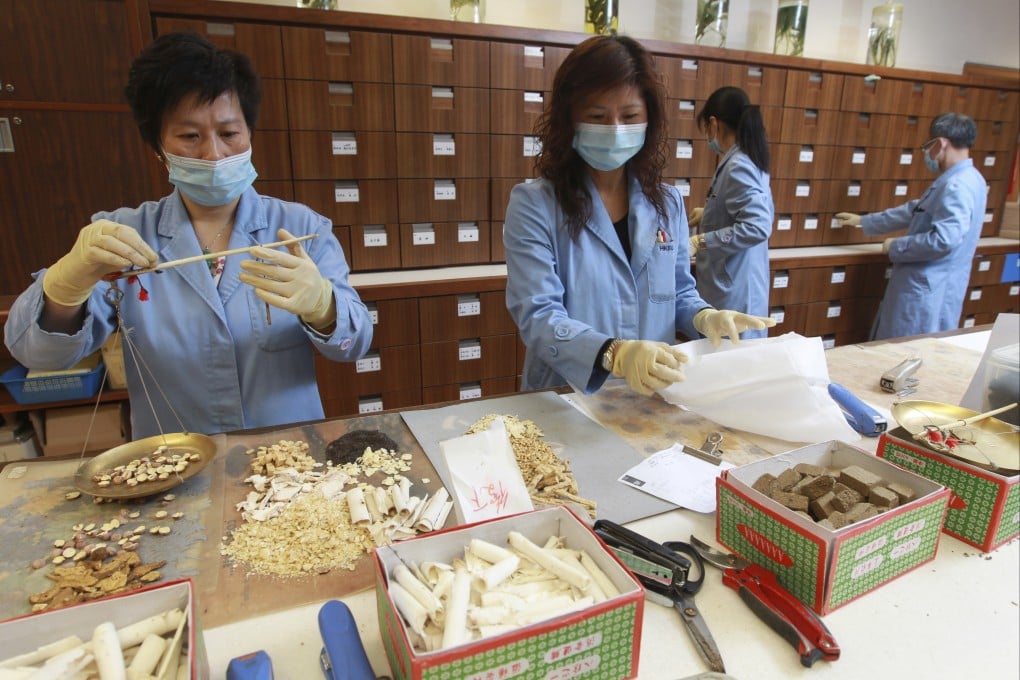Opinion | 3 ways Hong Kong can get the most out of Chinese medicine
Chinese medicine needs a focus on practical training and integration with other disciplines to help improve Hong Kong’s healthcare

To maximise the impact of Chinese medicine, three critical areas deserve our focus. First, we should refine licensing examination standards to elevate the clinical competence of Chinese medicine practitioners, ensuring they are equipped with the necessary skills to meet evolving healthcare challenges.
The 2022 Primary Healthcare Blueprint recognised the potential of Chinese medicine in primary care, envisioning a collaborative approach with other healthcare professionals to shift the focus of healthcare from not only treating disease but also preventing them. Therefore, enhancing the professional standards and reputation of Chinese medicine practitioners must be a cornerstone of the blueprint.
Heavily focused on theoretical knowledge, the current licensing exam for practitioners fails to adequately assess their clinical competence. Practitioners have noted that while graduates have a strong theoretical understanding, they often face challenges in applying knowledge to areas like prescription and acupuncture techniques.
To address this issue, the newly established Chinese medicine development blueprint subcommittee, which includes representatives from the three Chinese medicine schools in Hong Kong, should consider adapting mainland China’s examination model. In this system, students must pass practical skills assessments, encompassing diagnostics and treatment, before attempting the theoretical knowledge test. This approach ensures basic clinical proficiency.




